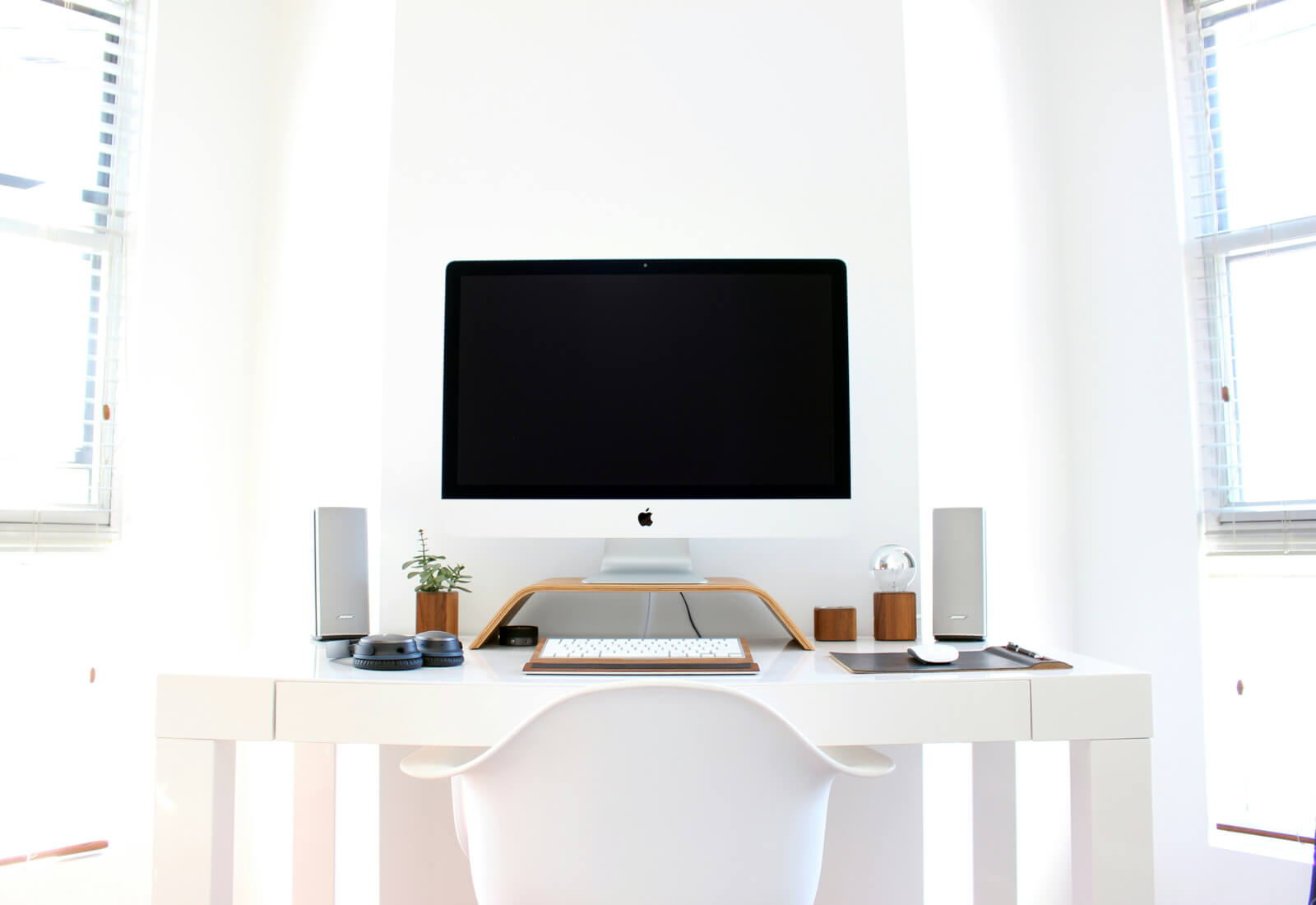
In today’s interconnected world, global team collaboration has become the norm rather than the exception.
read more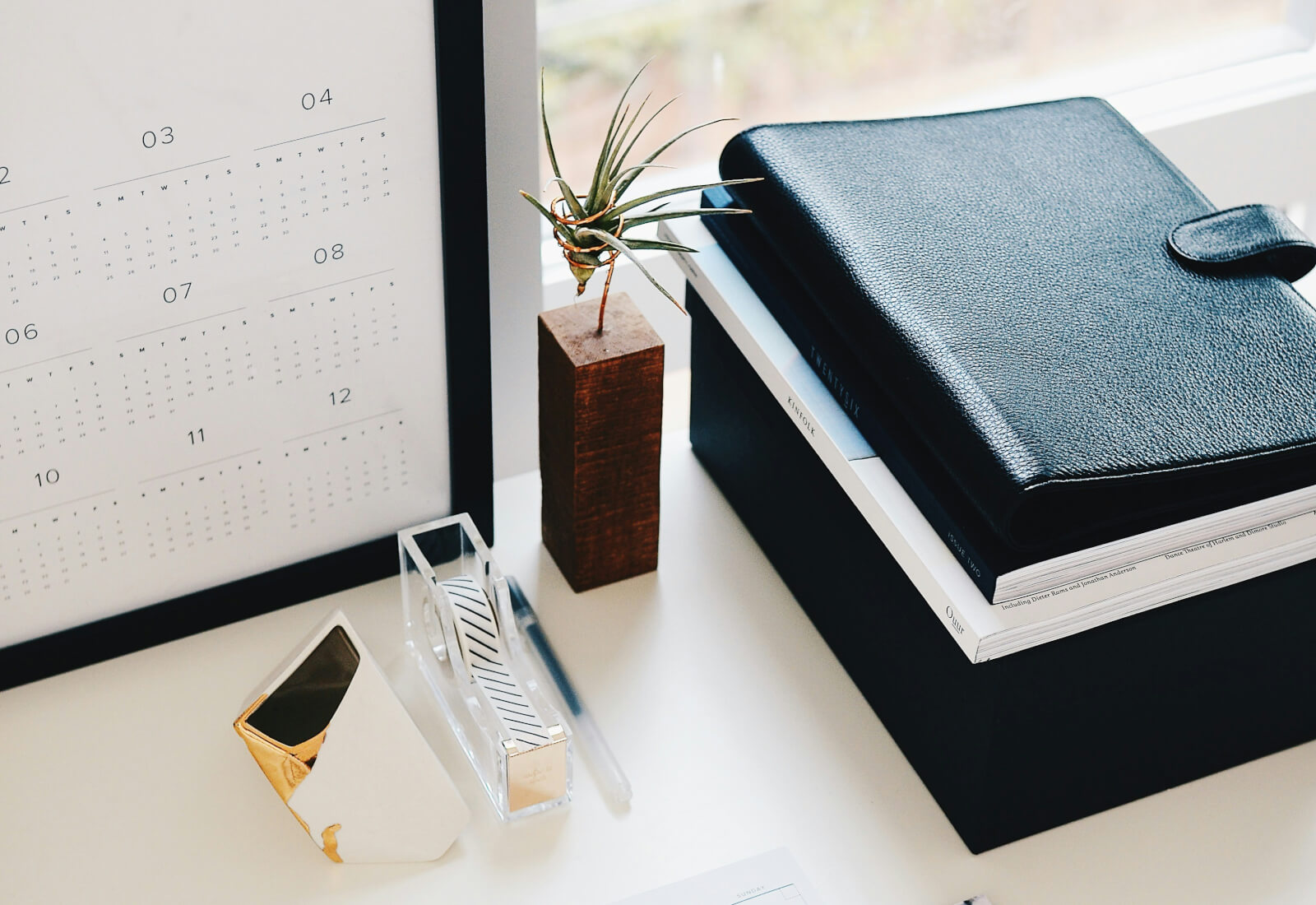
The day my company announced we were going fully remote, I felt a mix of excitement and dread. As a UX designer, I thrived on the energy of our open-plan office, the impromptu brainstorming sessions, and the constant feedback loop from colleagues. How would I replicate that at home?
My first week was a disaster. I tried working from my couch, but ended up with a sore back and a laptop full of cat hair. My days stretched endlessly, bleeding into my evenings. I missed deadlines and felt constantly distracted. Something had to change.
I cleared out a corner of my living room, investing in a small desk and an ergonomic chair. I added a few plants and a corkboard for my inspiration sketches. This physical separation helped me mentally switch into “work mode” each morning.
Design your workspace with UX principles in mind. Consider factors like lighting, ergonomics, and visual inspiration to create an environment that boosts productivity and creativity. It’s like creating a mini user journey for yourself.
Next up: establishing a routine. I set my alarm for 7 AM, just like before. I’d do some light yoga, make a cup of tea, and be at my desk by 9. I scheduled breaks and lunch at consistent times. This structure helped maintain a sense of normalcy and professional rhythm.
One morning, I overslept and rushed to my desk in a panic. As I fumbled with my laptop, spilling tea all over my keyboard, I realized the importance of my morning ritual. It wasn’t just about being on time; it was about setting the tone for the day. From then on, I treated my morning routine with the same respect I’d give to a client meeting.
The biggest challenge? Staying motivated without the energy of my team around me. To combat this, I started scheduling regular video calls with colleagues - not just for work discussions, but for casual chats too. We even had virtual coffee breaks where we’d catch up on our lives outside of work.
I remember one particularly tough day when I was struggling with a complex user flow. I messaged my work buddy, Samantha, feeling frustrated and stuck. We hopped on a quick video call, and within minutes, she helped me see the problem from a new angle. It was a reminder that even in remote work, we’re not alone.
I found the Pomodoro Technique invaluable for maintaining focus. I’d work in 25-minute intervals followed by short breaks. During these breaks, I’d do quick stretches or refill my water bottle. This structured approach helped me stay productive without burning out.
Apply the concept of microinteractions to your work routine. Small, rewarding actions (like checking off a task) can boost motivation and engagement throughout your day. It’s like giving yourself a virtual high-five every 25 minutes!
Working alone, it’s easy to overlook achievements. I created a “win jar” where I write down accomplishments and place them in a jar. On tough days, I review these notes to remind myself of my progress and capabilities.
One Friday afternoon, after a particularly challenging week, I opened my win jar and found a note from months ago: “First remote presentation - nailed it!” I smiled, remembering how nervous I’d been. It was a powerful reminder of how far I’d come.
One unexpected benefit of remote work? The flexibility it offered. I found I could structure my day around my natural energy levels. As a night owl, I started shifting my work hours later, allowing me to tackle complex design problems when I was at my most creative.
This flexibility came in handy when my cat, Pixel, needed an emergency vet visit. Instead of taking a full day off, I was able to shift my work hours and make up the time later when I was feeling less stressed. It was a moment that made me appreciate the freedom remote work provides.
Remote work offered more time for skill development. I started dedicating Friday afternoons to online courses and webinars. This not only kept me up-to-date with the latest UX trends but also gave me something to look forward to at the end of each week.
During one of these learning sessions, I discovered a new prototyping tool that revolutionized my workflow. I shared it with my team, and soon we were all using it, improving our efficiency and collaboration. It was a reminder that personal growth often leads to team growth.
As I settled into my remote work routine, I discovered unexpected benefits. Without the distractions of an office, I found I could dive deeper into complex design problems. My productivity increased, and the quality of my work improved.
I also found myself more in tune with my clients’ needs. Working remotely forced me to communicate more clearly and frequently, leading to better relationships and more successful projects.
While the transition to remote work was challenging, it’s also been a period of immense growth. I’ve developed new skills, found new ways to connect with colleagues, and discovered a work-life balance that suits me better than I ever imagined.
As I look to the future, I’m excited about the possibilities remote work offers. Whether it’s collaborating with designers from around the world or having the flexibility to work from anywhere, I feel more empowered and motivated than ever.
The journey to finding my remote work rhythm wasn’t easy, but it was worth it. For any UX designers out there struggling with the transition, remember: it’s okay to experiment, it’s okay to stumble, and it’s more than okay to redefine what work means to you. After all, isn’t that what good design is all about?
Remote work is like designing a new user experience for yourself. It takes time, iteration, and a willingness to learn from your mistakes. But when you get it right? It’s a beautiful thing. So go ahead, design your perfect remote work life. You might just create a masterpiece.

In today’s interconnected world, global team collaboration has become the norm rather than the exception.
read more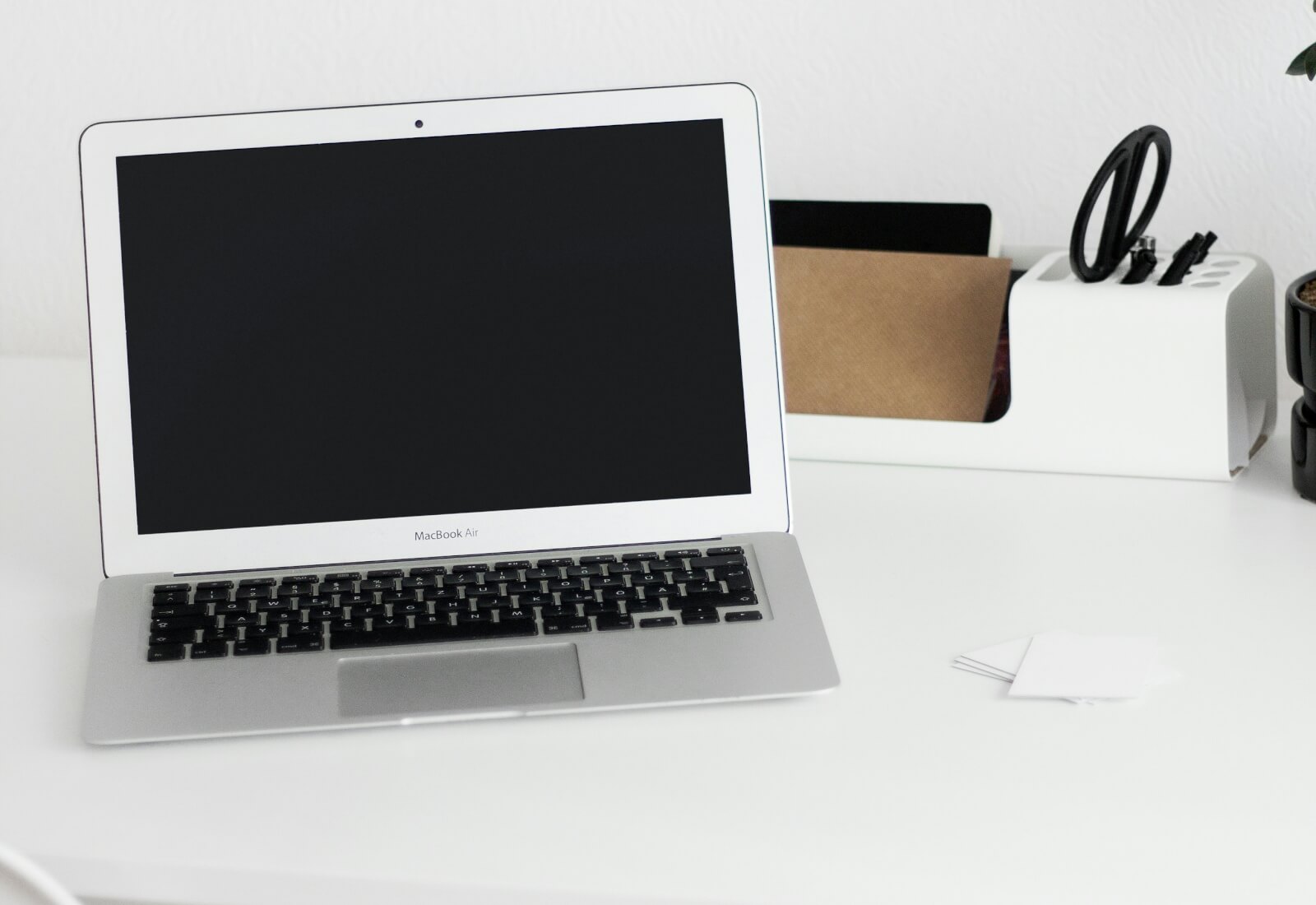
Hey there, fellow remote workers! 🏠💻 Remember when we thought working from home was going to be all pajamas and productivity?
read more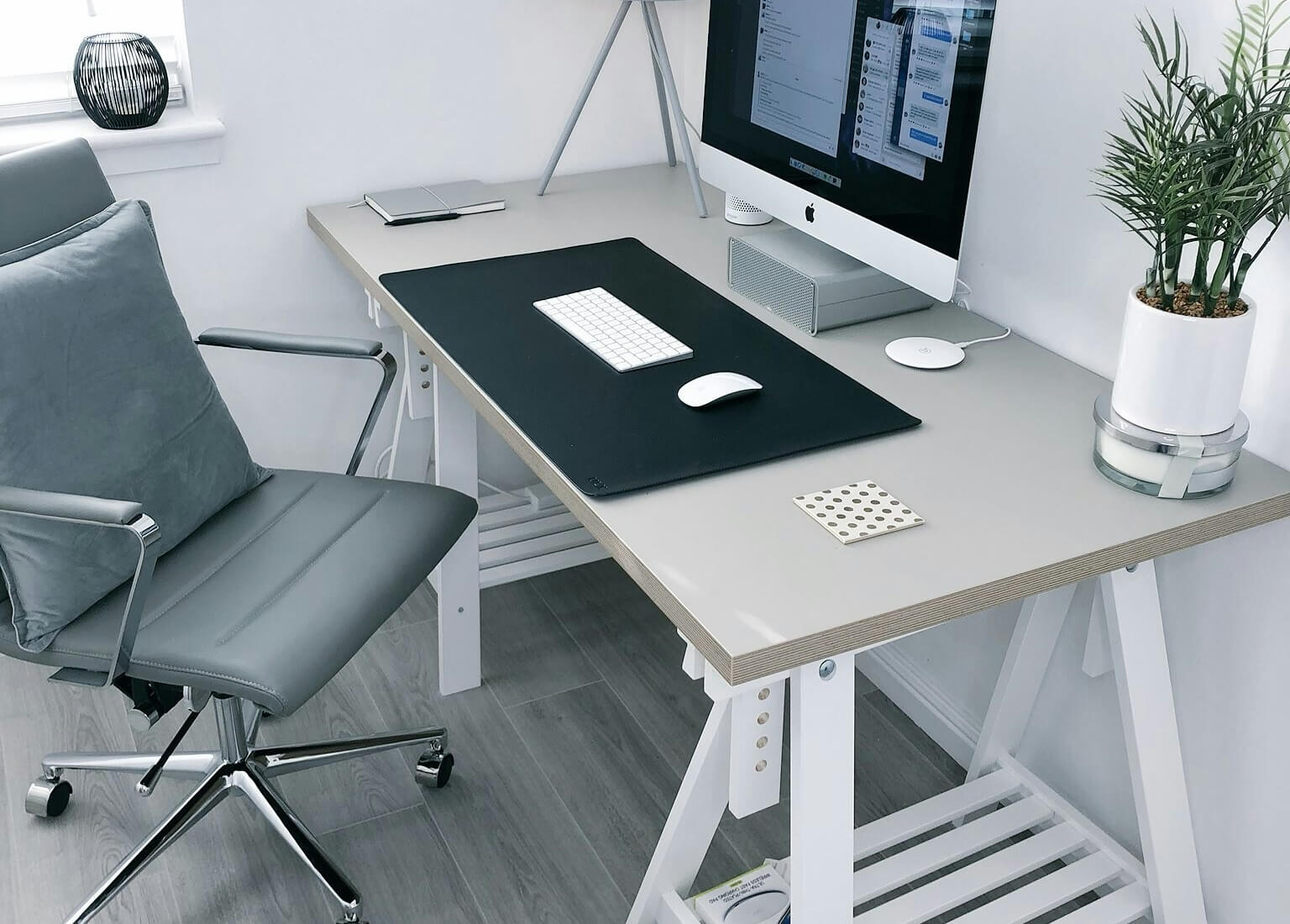
Hey there, fellow WFH warriors! It’s your girl Priya, coming at you live from my cozy Capitol Hill apartment.
read more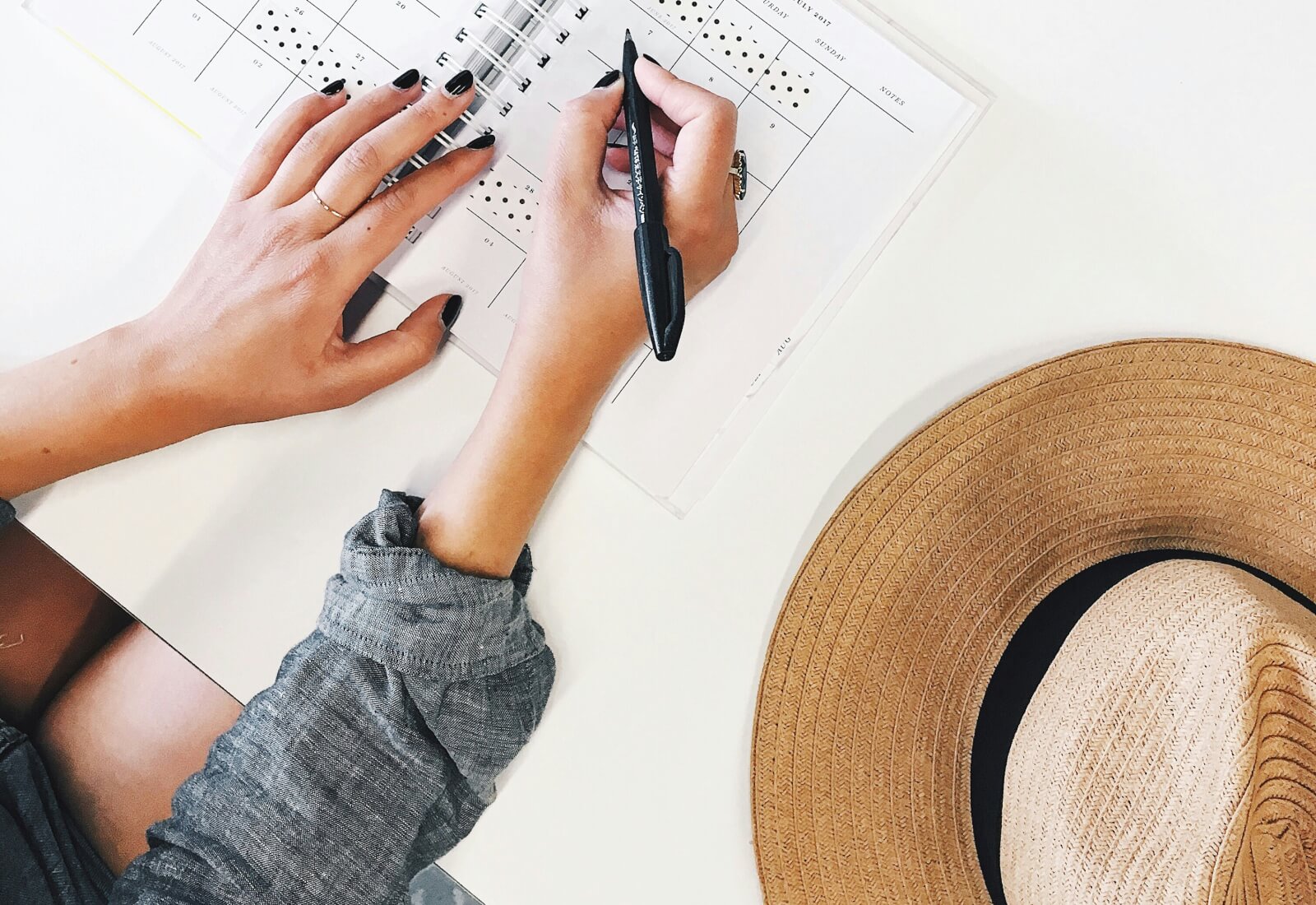
Thing is, working from home is like trying to meditate in a bustling bazaar.
read more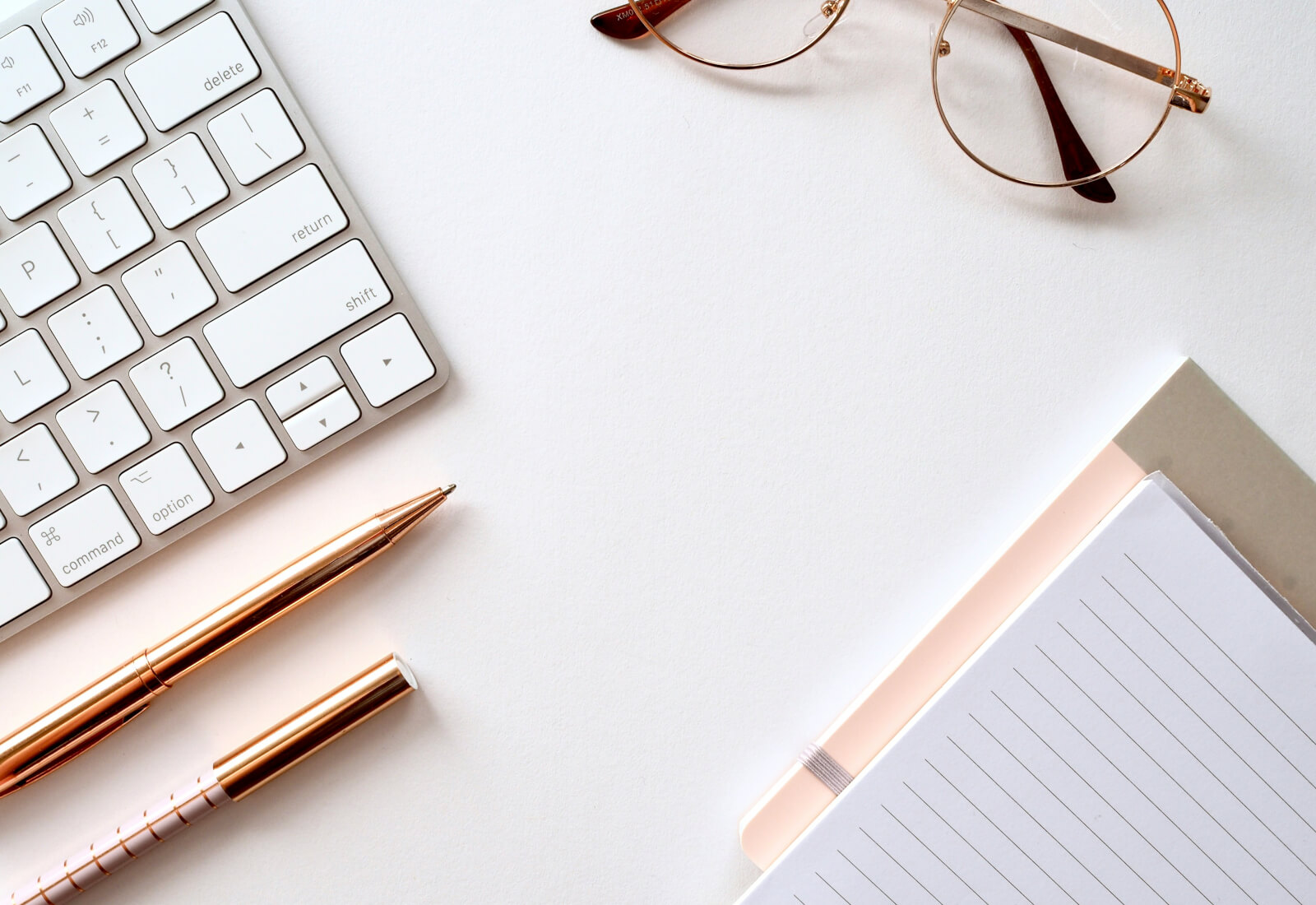
Hey there, fellow desk jockeys! 🚀 Thing is, we’re all swimming in a sea of pixels these days.
read more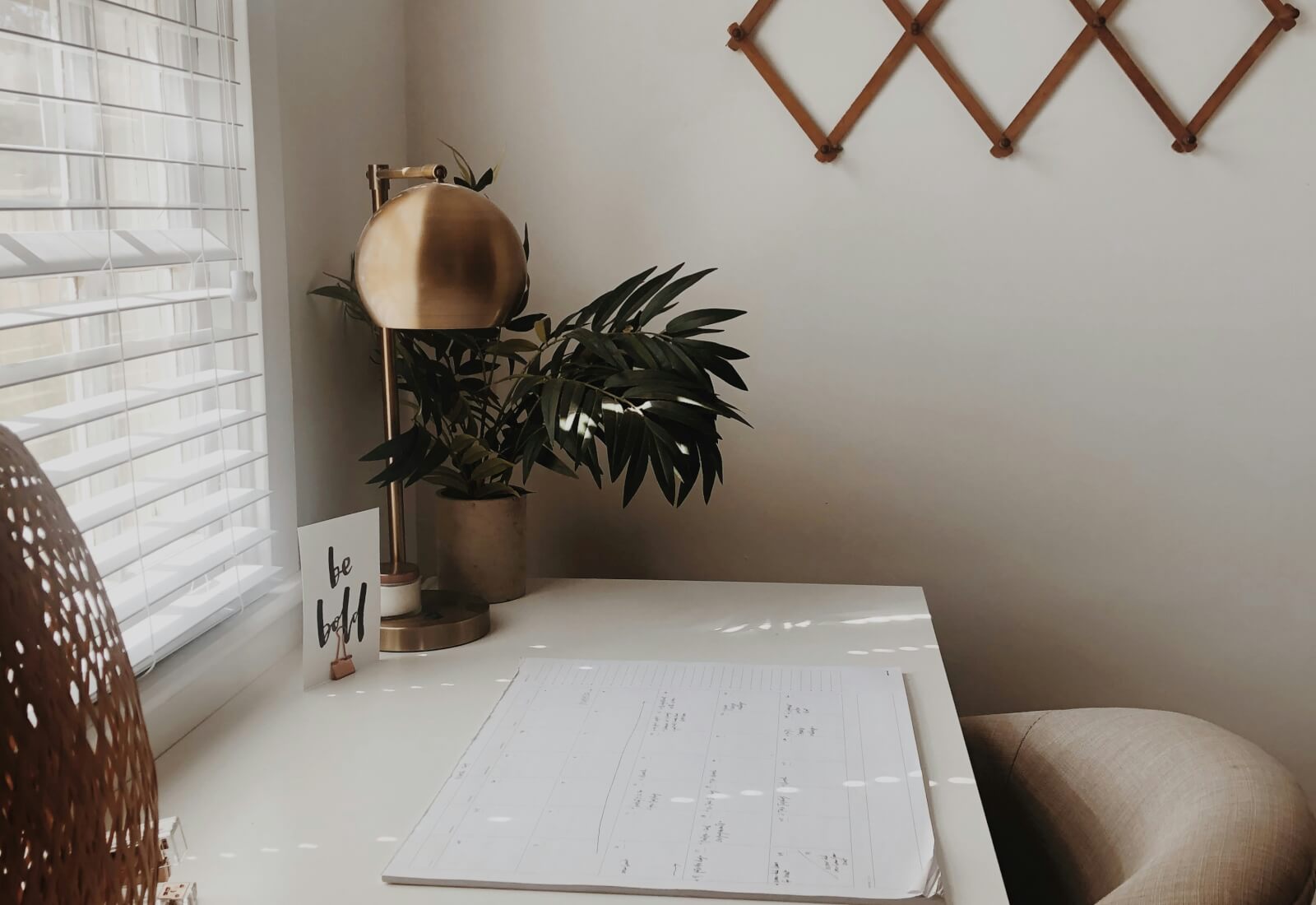
Thing is, I never thought I’d miss my morning commute. But there I was, three weeks into working from home, staring at my laptop in my pajamas at 2 PM, wondering where my motivation had gone.
read more